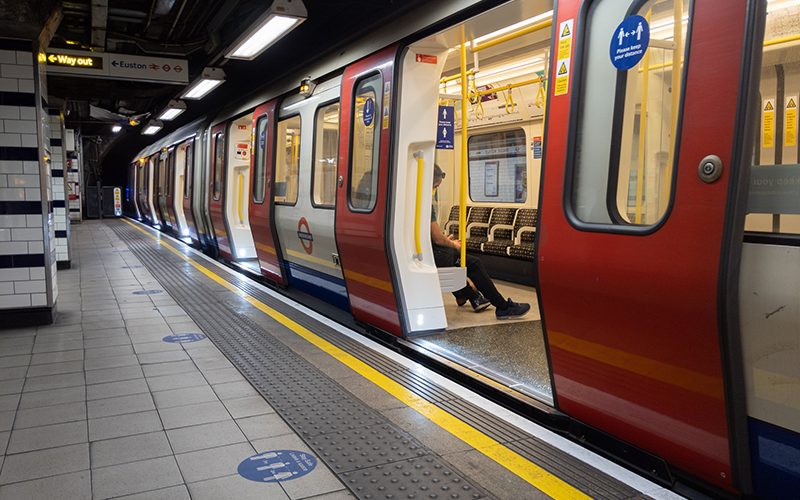Long commutes may be behind shift to remote working as London workers shun the office

Commute times and long work days and weeks could be contributing to a longer-term shift to remote working for UK workers, according to big data platform Stratigens.
UK workers, especially in London, have been slower to return to traditional office workspaces compared to workers in major European cities and countries, Stratigens said.
Data from Stratigens, synthesised from 1,500 big data sources, finds that:
- London’s broadband speed is slower than that in other major capitals such as Madrid, Paris, Brussels and Berlin
- London has a higher percentage of the population commuting than any of the other cities analysed – Paris, Milan, Brussels, Berlin
- Commute time for London is longer than other major European cities. London’s average commute time is 45 minutes compared to 35 minutes in Madrid and 24 minutes in Berlin
- London has the longest working day and working week but productivity is lower. London employees work an average of eight hours per day and a 36-hour week – higher than Berlin, Brussels, Milan or Paris.
“We are still in the big reset,” said Alison Ettridge, CEO and founder of Talent Intuition. “Could it be that our working practices in the UK, including long working days and weeks, are discouraging a return to the office?
“Perhaps,” she went on to say, “this is the start of cities being accommodation hubs and local towns being the place to shop, work and socialise.”
Talent Intuition provides insights to global businesses so they can manage their skills supply chain, optimise where they have people and inform their diversity.
• Comment below on this story. Or let us know what you think by emailing us at [email protected] or tweet us to tell us your thoughts or share this story with a friend.




